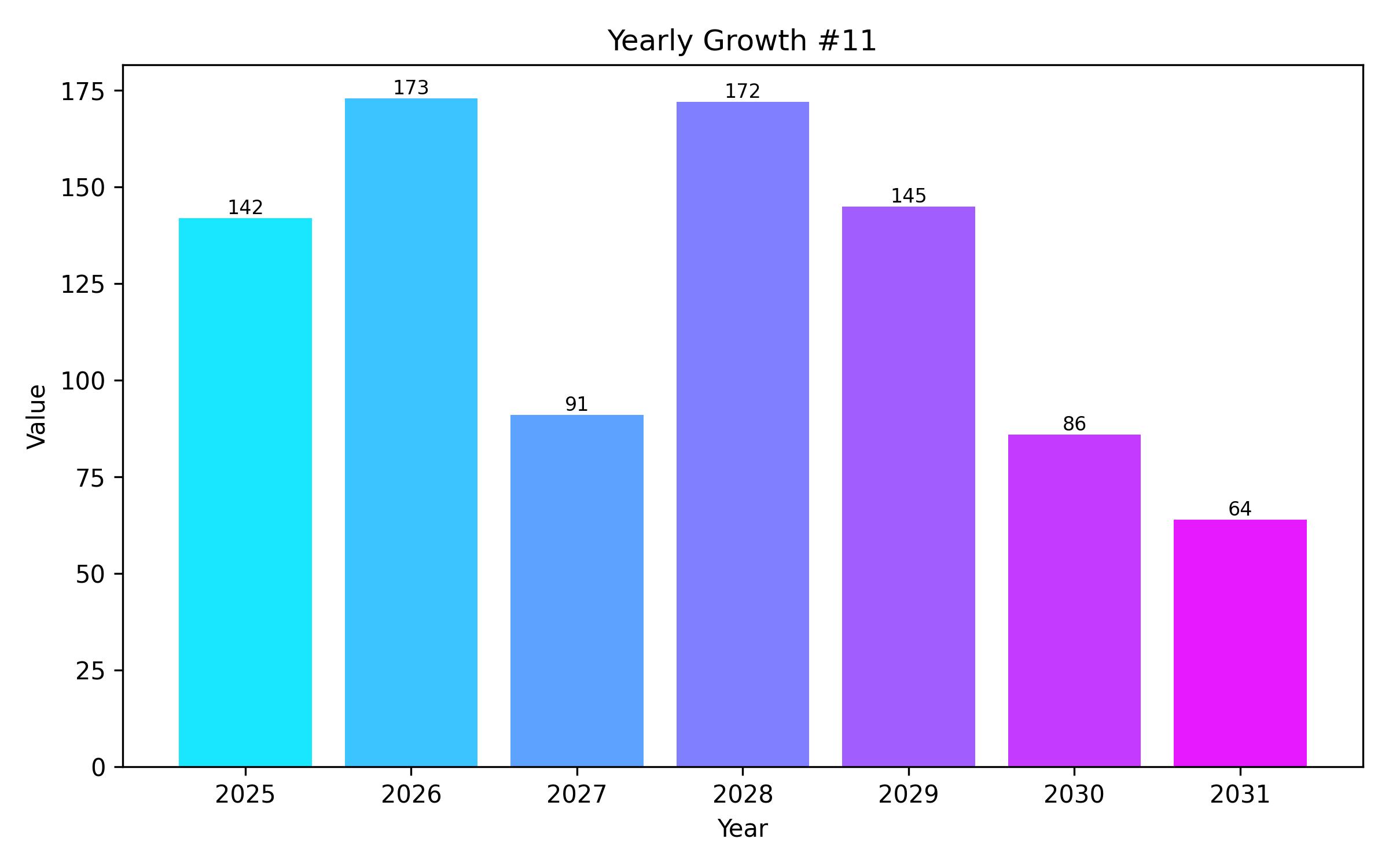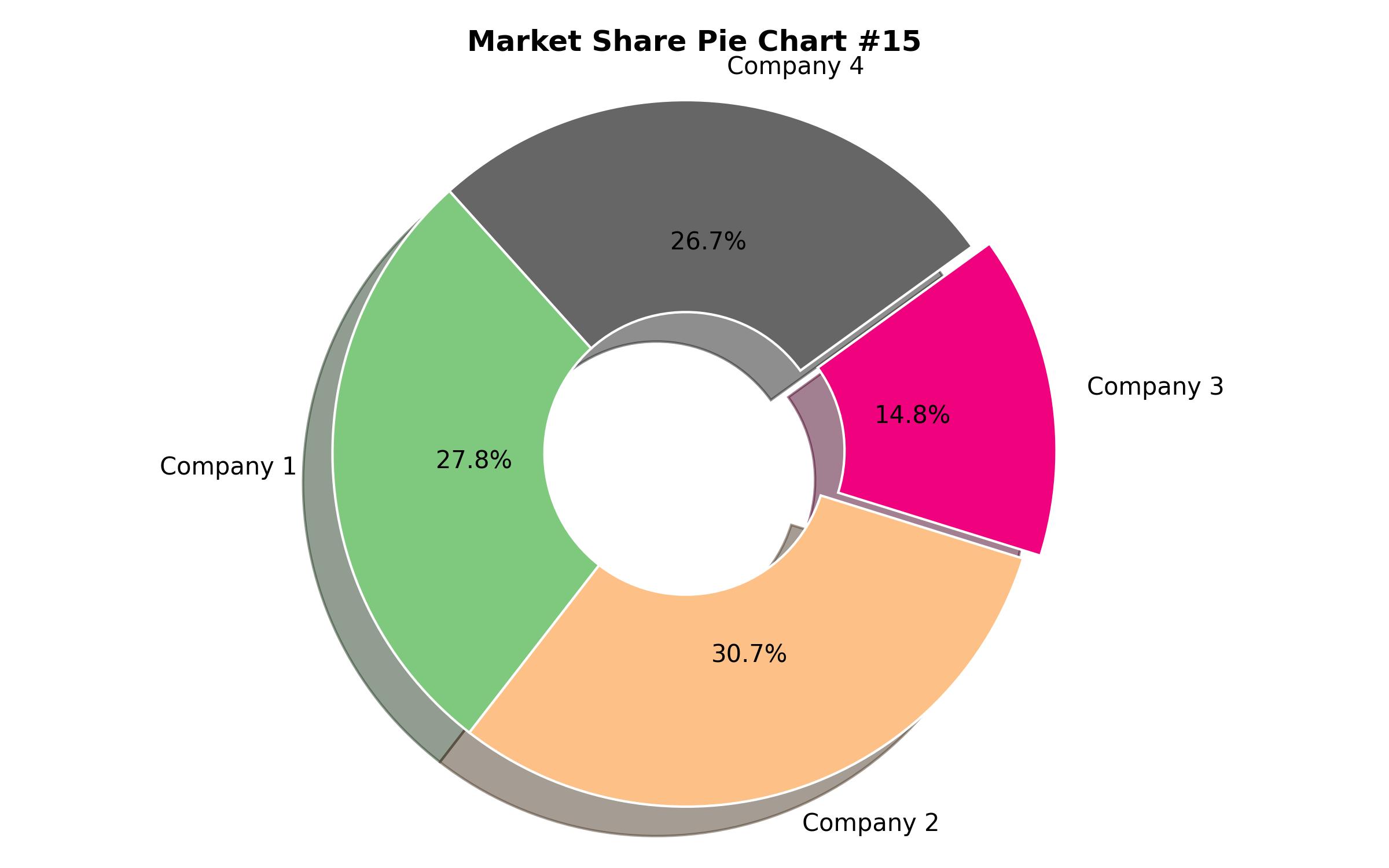South Korea Duckweed Protein Market Analysis Based on Type, Variety, Application, and Geography Through 2035
Overview:
The market for duckweed protein in South Korea is projected to attain a value of USD 2.9 million by 2025. This market is anticipated to grow at a compound annual growth rate of 7.1% from 2025 to 2035, expected to reach USD 5.8 million in value by the end of the forecast period. A principal driver for this expansion is the rising consumer interest in sustainable and plant-based protein sources.
As global concerns about climate change and the environmental footprint of traditional animal husbandry increase, plant-based proteins are garnering considerable attention. Duckweed, as a minute floating aquatic plant, is gaining recognition as a potent protein source due to its rich nutritional profile and rapid proliferation rate. Within Korea, a nation notable for its emphasis on food sector innovation, duckweed protein is being explored as a viable solution to meet the escalating demand for sustainable and alternative proteins.
This market evolution is fueled by growing consumer awareness regarding health and environmental sustainability, particularly their pursuit of alternatives to animal-derived products that are resource-intensive and contribute significantly to greenhouse gas emissions. Furthermore, the supportive policy environment in Korea, promoting sustainable agriculture, acts as a critical enabler for market development.
The Korean government’s green growth strategy includes investments in research and development focused on identifying and promoting eco-friendly food production methods, which encompasses the utilization of alternative proteins like duckweed. Duckweed’s capacity to flourish in nutrient-rich water with minimal land and water prerequisites positions it as an excellent option for the nation’s goals of reducing the environmental impact of food production.
Moreover, the plant’s substantial protein content, complete with essential amino acids and vital vitamins, appeals significantly به consumers interested in health and the growing vegan and vegetarian populations in Korea. With consumer dietary patterns increasingly shifting towards plant-centric choices and heightened sensitivity towards climate change, the demand for alternative proteins such as duckweed is on a steady incline.
The Korean consumer base, known for its swift adoption of international trends, is anticipated to contribute significantly to this market’s consistent upward trajectory. This growth is particularly likely as new applications for duckweed protein in food products such as snacks, meat substitutes, and dietary supplements become more broadly accepted and preferred.

| Report Attribute | Details |
|---|---|
| Market Size in 2025 | USD 2.9 million |
| Revenue Forecast for 2035 | USD 5.8 million |
| Growth Rate (CAGR) | 7.1% from 2025 to 2035 |
| Base Year for Estimation | 2024 |
| Historical Data | 2020 – 2023 |
| Forecast Period | 2025 – 2035 |
| Quantitative Units | Revenue in USD million and CAGR from 2025 to 2035 |
| Report Coverage | Revenue forecast, company market share, competitive landscape, growth factors, and trends |
| Covered Segments | Nature, species, and end use application |
| Regional Scope | South Korea |
| Country Scope | South Korea |
| Key Companies Analyzed | CJ CheilJedang; Plantible Foods; Hinoman, Ltd.; Barentz B.V.; Pontus Water Lentils; Parabel Inc.; Lempro Inc.; Seta Organics; Green Orchid Nursery; GreenCrop LLC; Rubisco Foods; Floatmeal Co., Ltd. |
| Customization Options | Free report customization (up to 8 analysts working days) with purchase. Changes to country, regional, and segment scope |
| Pricing and Purchase Options | Customizable purchase options for tailored research needs |

Report Coverage & Deliverables
- Market Trends And Dynamics
- Competitve Benchmarking
- Historical data and forecasts
- Value/Volume analysis
- Company revenue shares and key strategies
- Regional opportunities
This is an indicative segmentation. Please request a sample report to see detail segmentation of this market.
Detailed Market Segmentation
- By Nature
- Organic
- Conventional
- By Species
- Lemna Minor
- Spirodela Polyrhiza
- Others
- By End Use Application
- Food & Beverages
- Animal Feed
- Nutraceuticals
- Others
- By Region
- South Korea
Table of Content
- Executive Summary
- Market Introduction
- Market Trends
- Key Growth Drivers
- Market Demand Analysis 2020 to 2024 and Future Outlook, 2025 to 2035
- Market Pricing Overview
- Market Value (in USD Million) Analysis 2020 to 2024 and Projection, 2025 to 2035
- Market Background
- Market Analysis 2020 to 2024 and Forecast 2025 to 2035, By Nature
- Organic Duckweed Protein
- Conventional Duckweed Protein
- Market Analysis 2020 to 2024 and Forecast 2025 to 2035, By Species
- Lemna Minor
- Spirodela Polyrhiza
- Other Species
- Market Analysis 2020 to 2024 and Forecast 2025 to 2035, By End Use Application
- Food & Beverage Applications
- Animal Feed Applications
- Nutraceutical Supplementation
- Other Applications
- Market Analysis 2020 to 2024 and Forecast 2025 to 2035, By Region
- South Korea Market
- South Korea Market Analysis 2020 to 2024 and Forecast 2025 to 2035
- Regional Market Analysis 2025 & 2035
- Market Structure Assessment
- Competitive Landscape Analysis
- CJ CheilJedang
- Plantible Foods
- Hinoman, Ltd.
- Barentz B.V.
- Pontus Water Lentils
- Parabel Inc.
- Lempro Inc.
- Seta Organics
- Green Orchid Nursery
- GreenCrop LLC
- Rubisco Foods
- Floatmeal Co., Ltd.
- Assumptions and Definitions
- Research Methodology Report Overview
